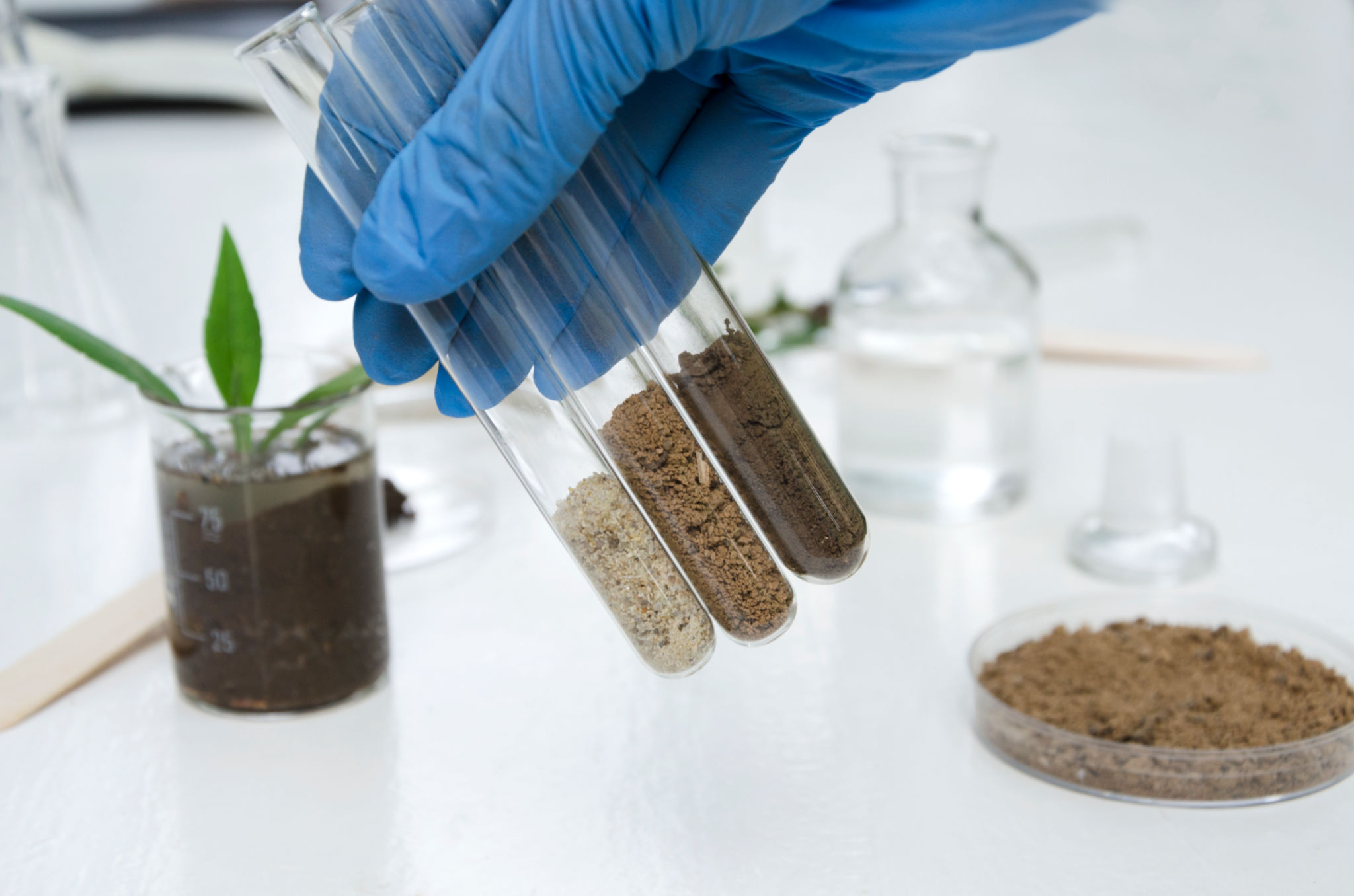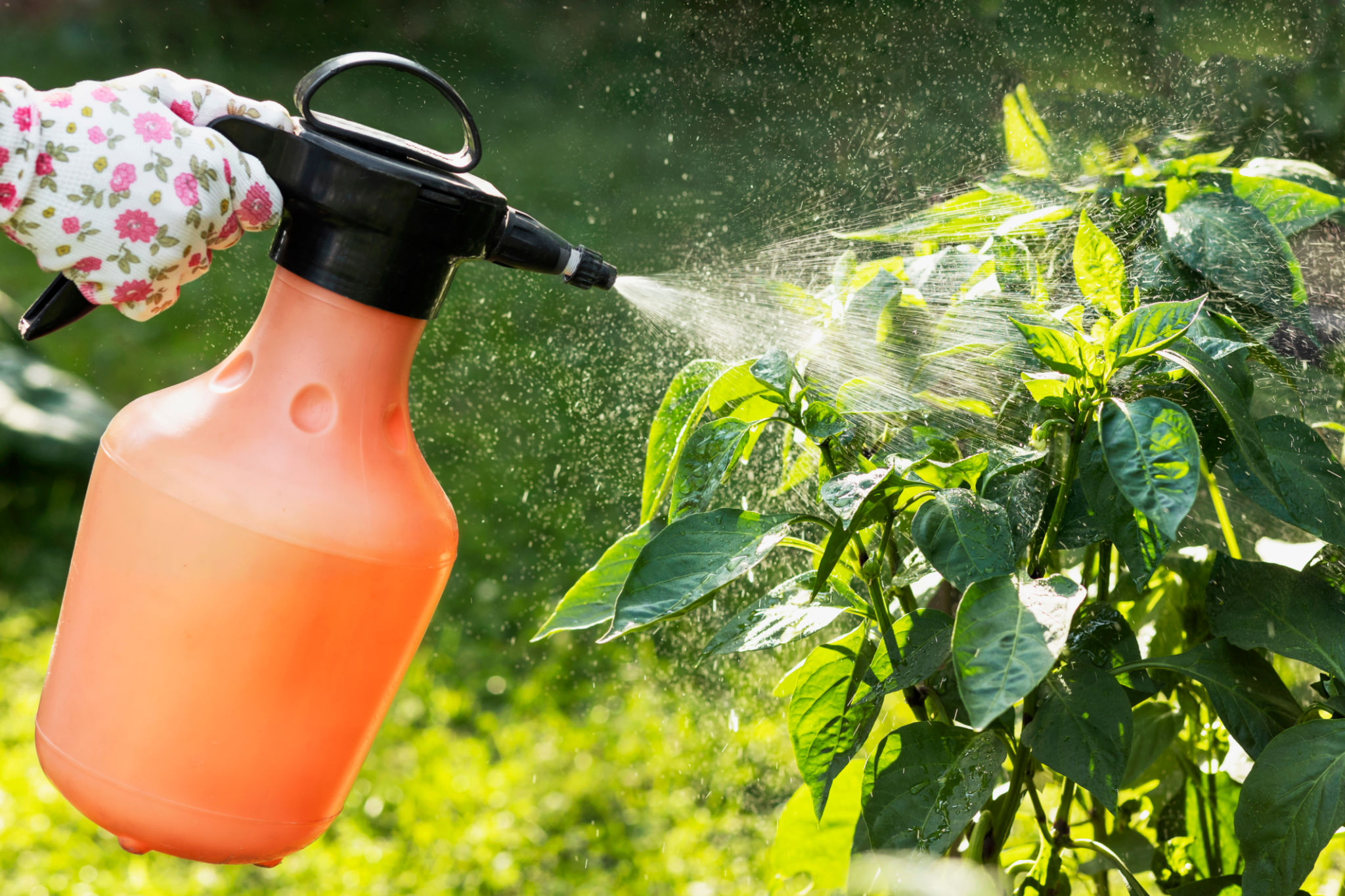Understanding Agronomic Support: A Comprehensive Guide for New Farmers
What is Agronomic Support?
For new farmers, understanding agronomic support is crucial to ensuring successful crop production and sustainable farming practices. Agronomic support involves a range of services and expertise aimed at optimizing crop yields, improving soil health, and managing pests and diseases. By leveraging agronomic support, farmers can make informed decisions that increase productivity and profitability.
Agronomic support encompasses several key areas, including soil management, crop selection, pest control, and resource management. These elements work together to create a balanced farming system that promotes plant health and environmental sustainability. As a new farmer, tapping into these resources can provide a significant advantage in navigating the complexities of modern agriculture.

The Role of Soil Management
Soil health is a foundational aspect of agronomic support. Understanding the composition and quality of your soil can greatly impact crop growth and yield. Agronomists often begin by conducting soil tests to determine nutrient levels, pH balance, and organic matter content. These tests help in formulating a soil management plan that may include recommendations for fertilization, crop rotation, and cover cropping.
Improving soil health involves practices such as reducing erosion, enhancing water retention, and promoting beneficial microbial activity. Techniques like no-till farming and the use of organic matter can help maintain soil structure and fertility. By prioritizing soil health through agronomic guidance, farmers can increase resilience against adverse weather conditions and reduce dependency on chemical inputs.

Selecting the Right Crops
Crop selection is another critical area of agronomic support. Choosing the right crops for your farm involves considering factors such as climate, soil conditions, market demand, and available resources. Agronomists can provide insights on crop varieties that are best suited to your specific conditions, helping to maximize yield potential and profitability.
Moreover, crop rotation strategies are often recommended to prevent soil depletion and manage pest populations. Rotating crops can break pest life cycles and enhance soil fertility, contributing to long-term farm sustainability. With the guidance of agronomists, farmers can develop a diversified cropping plan that balances risks and rewards.
Effective Pest and Disease Management
Pest and disease management is an ongoing challenge for farmers, but agronomic support can provide effective solutions. Integrated pest management (IPM) strategies are widely advocated, combining biological, cultural, physical, and chemical tools to control pest populations while minimizing environmental impact.
Agronomists help farmers identify early signs of pest infestations or diseases and recommend appropriate interventions. These may include biological controls like introducing beneficial insects or implementing crop rotation to disrupt pest life cycles. By adopting IPM practices, farmers can reduce pesticide use and protect their crops in an environmentally responsible manner.

Resource Management for Sustainability
Efficient resource management is vital to sustainable farming operations. Agronomic support can assist farmers in optimizing the use of water, energy, and nutrients. Water management techniques such as drip irrigation systems or rainwater harvesting can enhance water use efficiency while conserving valuable resources.
Nutrient management is equally important, as it involves applying the right amount of fertilizers at the right time to promote healthy crop growth without causing environmental harm. Agronomists can guide farmers in developing nutrient management plans that balance crop needs with environmental stewardship.
Conclusion
Understanding agronomic support is essential for new farmers looking to establish successful and sustainable farming operations. By focusing on soil health, crop selection, pest management, and resource efficiency, farmers can achieve improved productivity while preserving the environment. Leveraging the expertise of agronomists provides a strategic advantage in navigating the challenges of modern agriculture.
Embracing agronomic support not only enhances farm profitability but also contributes to the broader goal of sustainable food production. As agriculture continues to evolve, staying informed about best practices and innovations will be key to thriving in this dynamic industry.
